Athletes keep track of the effect certain foods have on their track performance. The timing when they consume it can affect the results too. Many have different methods for their pre-workout regimen, but there are certain ways of timing how you chow down that can scientifically help nourish your body and increase endurance and performance. Here are some pointers on how to eat before and after a meet.
Working out on an empty stomach
Some of us are early risers and are up at the crack of dawn, squeezing in a run before going to work. Others of us hit the gym on our way home from the office. If you wake up without having eaten since the night before or hold off on having a bite since that salad at lunch, you might not have enough gas in the tank to get you through your workout. Some believe that cardio on an empty stomach burns more fat. They are only partly right. According to Greatest, a study found that exercising in a fasted state had a positive effect on overweight men who worked out an hour or less. However, working out for longer periods of time while fasting can lead to dizziness, or feeling sluggish, which may cut your work out time considerably, reducing the total number of calories burned. This is the hungry man’s version of shooting yourself in the foot. According to Body Building, eating before working out can improve fat oxidation and help burn more fat than if your stomach was empty. If given the choice, having a snack to sustain rather than that shaky, light-headed feeling, should make for a tougher workout. If there isn’t time to stop and have a meal with enough time to digest, a protein shake may be the perfect alternative. It is quick, and filling, and can sustain you during your workout. If you are constantly on the go, keep a pouch of SFH Fuel in your gym bag so you can mix a shake before you attack that routine.
Pre-workout
There are many who don’t eat before a cardio session because they don’t like feeling full. That isn’t a problem if you don’t hit snooze and get up earlier to eat. Nancy Cohen, professor of nutrition at the University of Massachusetts Amherst states that it is recommended to eat an hour to four hours before working out. If you are planning a more grueling workout session, a high energy HITT session, or a long distance run, having some type of fuel in your body can boost your endurance, according to a study done by the University of Sydney. If the thought of a full Moons Over My Hammy breakfast before hitting the gym makes you feel queasy, a simple protein shake with SFH Fuel and or SFH Push, a banana, and your milk of choice can provide you with the protein you need to finish your regimen. The Mayo Clinic has a meal plan suggestion of a large meal within three to four hours before a workout, a small meal two to three hours before, or sneaking in a small snack if you only have an hour before you pound the pavement.
Post-workout
After a hard workout, you’re going to want to eat and the best time to do it is right away. Your post workout window of recovery is approximately 30 minutes to two hours after you finish your workout. You can be a hero to your muscles and help them recover and repair by eating a 3 to I protein carb ratio meal during this time period. If you aren’t on your way home, or can’t stop off to grab a bite, a protein shake is an ideal way to get the protein your body needs. However, healthy lean organic food is always a better choice than a meal replacement when given the option. Make like Rachel Ray and whip up a meal of lean meat and steamed vegetables instead of drinking your protein. Save the shakes for days when you are pressed for time. Or, you can split the shake up and have a third before your workout and the rest after.
No Pain, All Gain
Following the right system can considerably cut the muscle soreness and fatigue you might experience after working out, according to Muscle and Fitness. If you find it hard to get your body out of bed, or even sitting still hurts, there are simple things you can try.
According to CNN, muscle soreness can be tamed by tart cherries. Cherry juice was found in a study by the Journal of International Society of Sports Nutrition to help alleviate the pain. Runners who drank the juice twice daily for a week experienced relief. Cherries contain anthrocyanins, which are believed to be a natural anti- inflammatory and this would explain why they alleviate pain and help runners.
American College of Sports Medicine even recommends eating during exercise to help maintain glucose levels. If you are exercising for more than an hour, and at a high-intensity level, eating snacks such as a banana, or low-fat yogurt every thirty minutes, will keep you going. You can prepare an SFH Pure protein shake and sip it throughout your fitness routine. These small adjustments to your regimen can improve for more endurance and significantly limit the amount of soreness you fell post-workout.


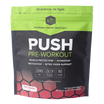

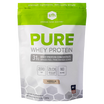
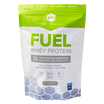

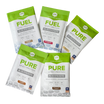
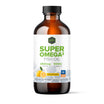
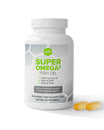
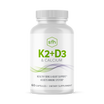
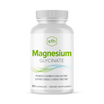
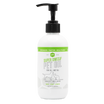
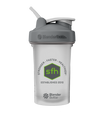

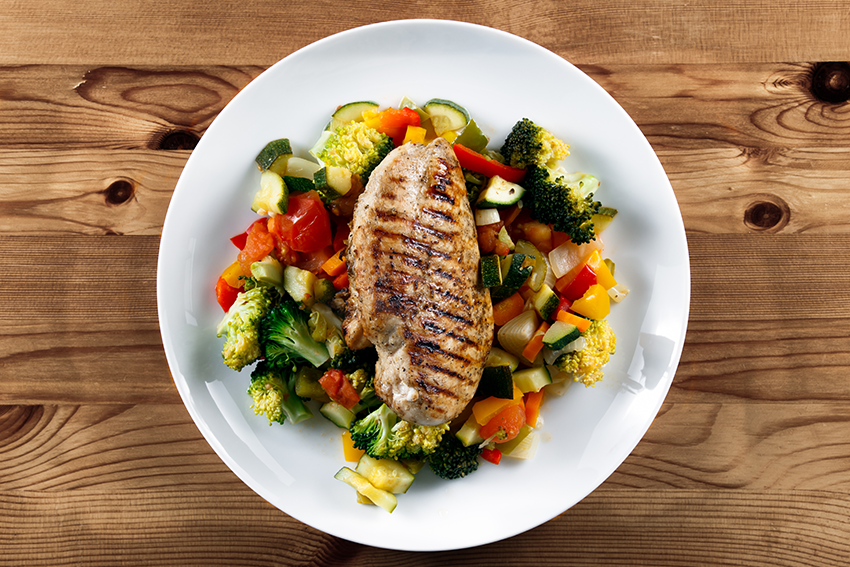

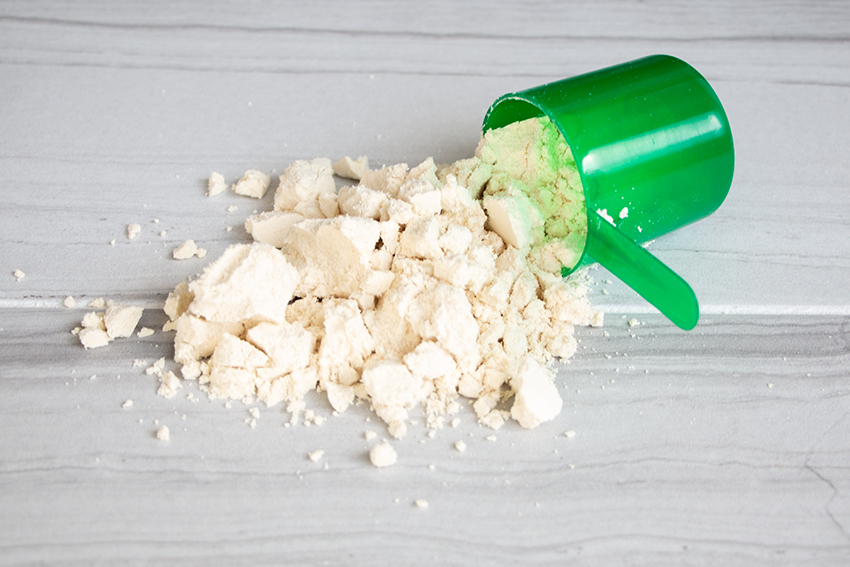
Leave a comment
This site is protected by hCaptcha and the hCaptcha Privacy Policy and Terms of Service apply.